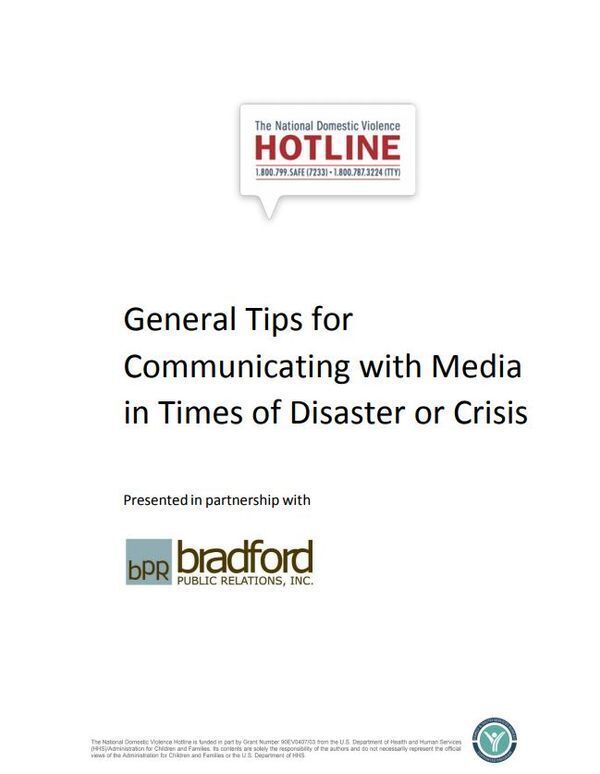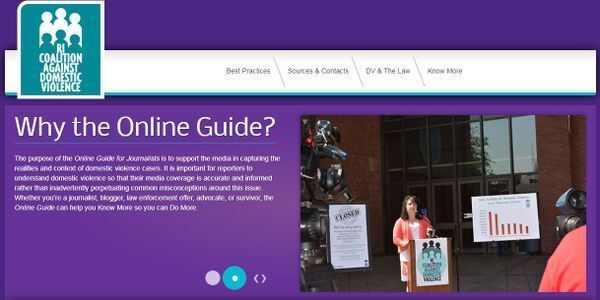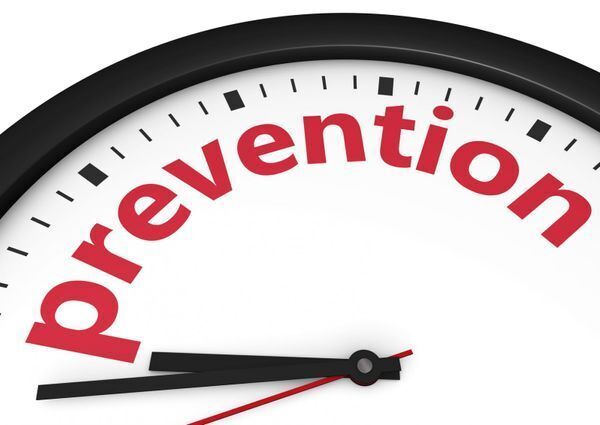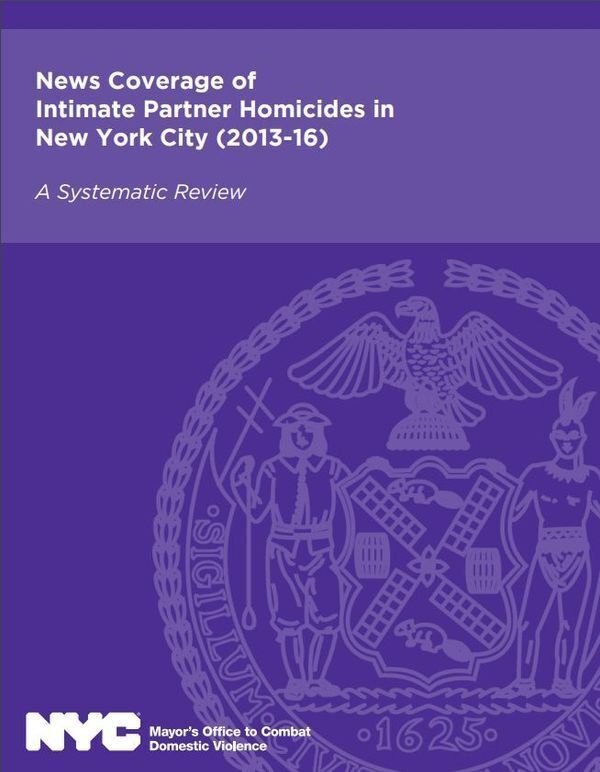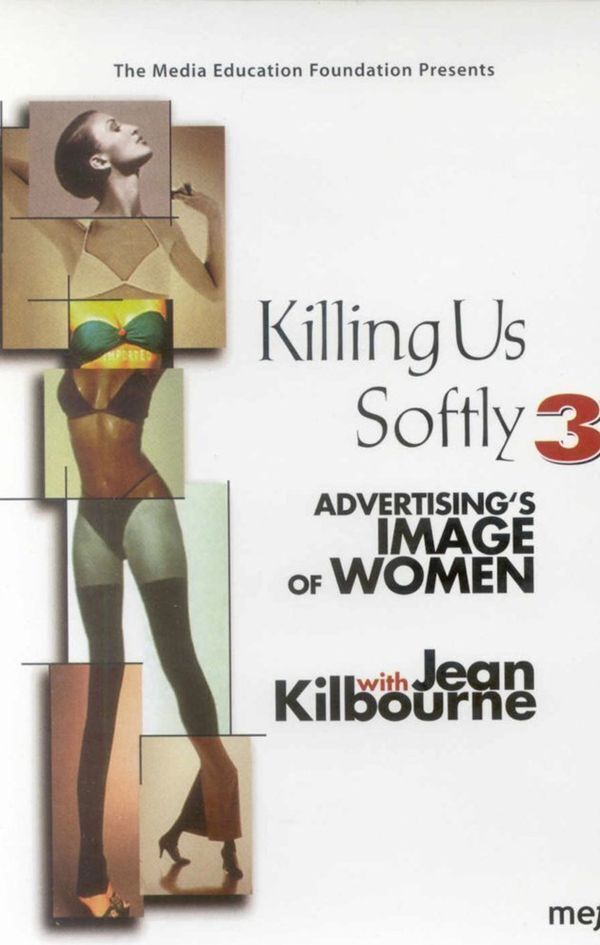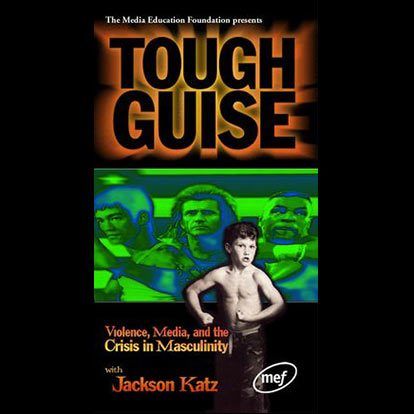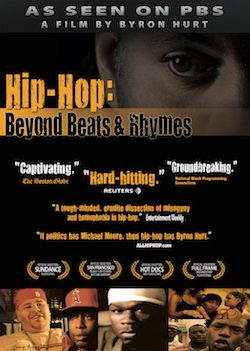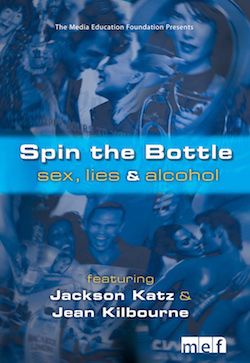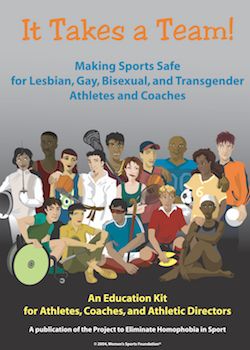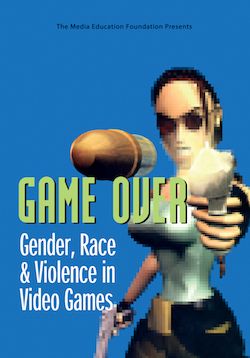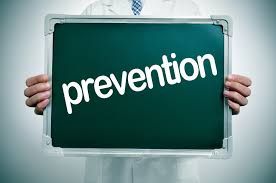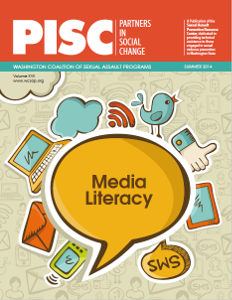-
This document developed by National Domestic Violence Hotline and Bradford Public Relation Inc. provides special considerations for the domestic violence field when dealing with media.
-
The purpose of the Online Guide for Journalists is to support the media in capturing the realities and context of domestic violence cases. It is important for reporters to understand domestic violence so that their media coverage is accurate and informed rather than inadvertently perpetuating common misconceptions around this issue. Whether you’re a journalist, blogger, law enforcement offer, advocate, or survivor, the Online Guide can help you Know More so you can Do More.
-
This guide is an online resource to help reporters, journalists, copywriters, headline writers, editors, and others in the media industry more effectively cover intimate partner violence. Specifically, this guide aims to assist with the following: 1) Understanding the dynamics of intimate partner violence as a societal problem and public health epidemic in New York City, nationally, and globally rather than as an isolated incident. 2) Dispelling common myths about intimate partner violence. 3) Sharing the most up-to-date statistics about intimate partner violence. 4) Identifying and connecting with expert sources. 5) Providing a list of local and national resources for people experiencing intimate partner violence. 6) Describing what a person can do if someone they know is experiencing intimate partner violence. 7) Using survivor-affirming and non-gendered language.
-
Through their reporting on intimate partner violence (IPV) incidents, the media play a critical role in shaping how society perceives the dynamics of IPV and in sparking conversation around public responsibility and solutions to IPV. However, anecdotal evidence suggests that media coverage of IPV incidents is often inadequate or problematic in its framing. There is a limited research literature that systematically analyzes the coverage of IPV and broader domestic violence to elucidate trends in reporting patterns. These studies generally report that while coverage of IPV in news outlets has increased substantially since the 1970s, IPV incidents are rarely identified within the larger context of IPV as a social problem. This episodic framing of IPV isolates the crime from its social context and diminishes the likelihood for public health solutions to the problem. Using prior research as a guide for effective coverage, we conducted a systematic review of reporting on New York City intimate partner homicides from 2013-16 to improve understanding of the quality of media coverage of IPV. This research study provides an evidence-based foundation upon which to develop best practices and educational strategies for IPV news coverage.
-
Jean Kilbourne continues her groundbreaking analysis of advertising's depiction of women in this most recent update of her pioneering Killing Us Softly series. In fascinating detail, Kilbourne decodes an array of print and television advertisements to reveal a pattern of disturbing and destructive gender stereotypes. Her analysis challenges us to consider the relationship between advertising and broader issues of culture, identity, sexism, and gender violence.
-
is the first educational video geared toward college and high school students to systematically examine the relationship between pop-cultural imagery and the social construction of masculine identities in the U.S. at the dawn of the 21st century.
Jackson Katz is one of America's leading anti-sexist male activists. An educator, author and filmmaker, he is internationally recognized for his groundbreaking work in gender violence prevention education with men and boys. This exciting new media literacy tool-- utilizing racially diverse subject matter and examples-- will enlighten and provoke students (both males and females) to evaluate their own participation in the culture of contemporary masculinity. -
provides a riveting examination of manhood, sexism, and homophobia in hip-hop culture. Critically acclaimed for its fearless engagement with issues of race, gender violence, and the corporate exploitation of youth culture. Director Byron Hurt, former star college quarterback, longtime hip-hop fan, and gender violence prevention educator, conceived the documentary as a "loving critique" of a number of disturbing trends in the world of rap music. He pays tribute to hip-hop while challenging the rap music industry to take responsibility for glamorizing destructive, deeply conservative stereotypes of manhood.
-
offers an indispensable critique of the role that contemporary popular culture plays in glamorizing excessive drinking and high-risk behaviors. Award-winning media critics Jackson Katz and Jean Kilbourne contrast these distorted representations with the often disturbing and dangerous ways that alcohol consumption affects the lives of real young men and women. Illustrating their analysis with numerous examples, Katz and Kilbourne decode the power and influence these seductive media images have in shaping gender identity, which is linked to the use of alcohol. Nowhere is this link more cause for concern than on America's college campuses.
-
This educational "kit"--which includes a 15-minute video, a discussion and resource guide, an informational poster, and colorful "Safe Space" stickers--is intended to help coaches/teachers, parents, and school administrators educate students/athletes about the harmful effects of homophobia and asks the question, "How can we make sure that people in athletics are evaluated, not based on their sexual orientation or gender expression, but on their individual character and accomplishments?" The DVD includes the video and digital versions of the educational materials for easy printing.
-
is the first educational documentary to address the fastest growing segment of the media through engaging questions of gender, race and violence. Game Over offers a refreshing dialogue about the complex and controversial topic of video game violence, and is designed to encourage high school and college students to think critically about the video games they play.
-
Washington Coalition of Sexual Assault Programs developed this toolkit to provide ideas and tools to build media literacy skills and engage communities in meaningful dialogue to end sexual violence.
-
The articles in this issue of "PISC" provide a framework to understand the importance of media literacy skills and its relationship to sexual violence prevention work.


